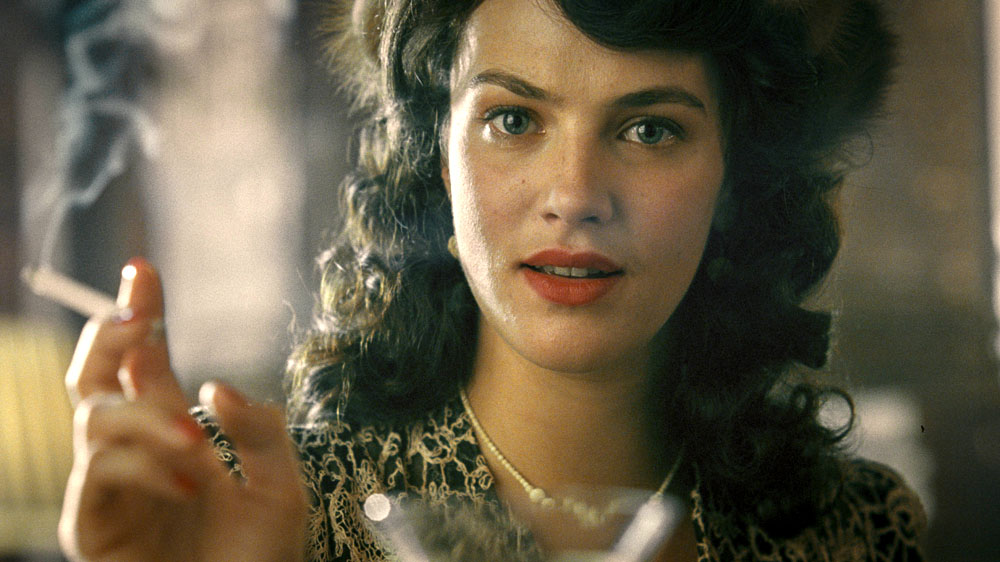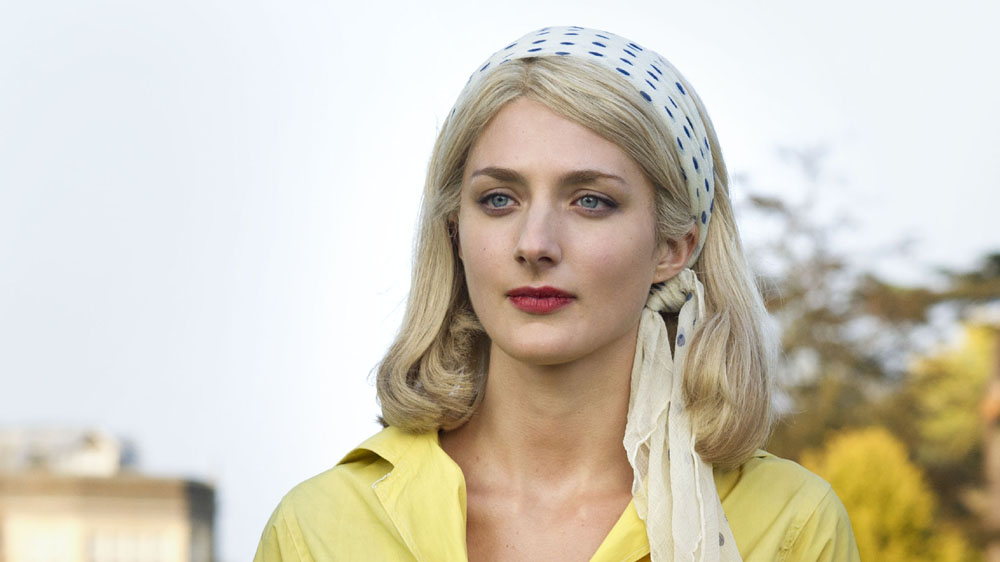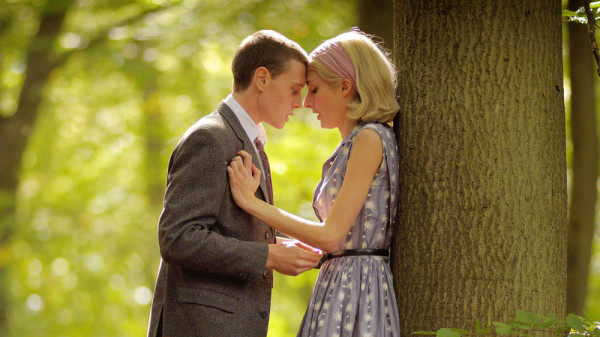Last week’s opening episode of The Outcast focused on the events that led to Lewis Aldridge becoming a social outcast, after the tragic events surrounding his mother’s death.
This concluding part picks up the story two years later as Lewis, now released from prison, settles back into ordinary life.
“Welcome home, Lewis,” Tamsin Carmichael (Daisy Bevan) tells him, after picking him up at the side of the road like a lost puppy. There is a genuine sense that Lewis (played here spectacularly by Pride star George Mackay) desperately wants to get back to normal, particularly with his father, Gilbert (Greg Wise). “I want to make it better, if I can,” he admits.
Of course it was never going to be that simple to slip back into normality, despite his firm decisions to get a job and keep his nose clean. Lewis’ reintegration into society is fraught with problems as the locals still condemn him for his criminal actions and he continues to feel the strain of being a social pariah.
Lewis is still haunted by the visions of his mother’s death many years before: these wounds never really closing, as no-one took the time to allow him to grieve and heal before life moved on and forgot about his pain.
Lewis’s growing friendship with Tamsin is also source of tension, both to her father, Dicky (Nathaniel Parker) and to her younger sister, Kit (Jessica Barden) who harbours unspoken romantic feelings for Lewis as well as feeling like a fellow outcast herself within her own family. Barden is particularly great here, bringing an intense yet fragile performance.

Things get progressively worse at home too, as he shares a drunken sexual indiscretion with his stepmother, Alice (Jessica Brown-Findlay).
“I should have never met him,” Alice explains. “Or it should have been better. You were such a little broken thing. Don’t you want, just for one moment, not to be completely alone?”
The resulting sexual encounter happens, but aside from a few awkward glances is never really well developed. All it does is aid Alice to stick up for Lewis in a later scene, but it did feel a bit like a wasted opportunity for the story. I half expected that one sexual encounter to lead to the baby Alice so desired in the first episode, though that would have been perhaps too predictable a road to go down.
The turning point for Lewis is a kiss with Tamsin which results in her making a frank confession about why the village see him as a monster:
“People said you killed her. When you ran away all the time…people said it was guilt for killing her. Didn’t you know?”

From this point on, with some clarity, Lewis seeks out some form of resolution, but against a society that doubts him, he goes about it the wrong way. Dicky jumps to the wrong conclusion about the altercation and Lewis is arrested, though later set free. That his father would rather see him sectioned than deal with his problems is another insult to Lewis’ fragile mental state and further breakdown in his relationship with his father.
“If you’d have just liked me” Lewis tells his father, as he leaves the house for the last time.” Just for one minute been on my side…but you couldn’t.” It’s a sad scene, but one that feels true, given their fractured relationship.
The Outcast is a story tinged with loss and sadness: the loss of parents, the loss of innocence, the loss of love. But not necessarily the loss of hope, whether that hope comes from anger (Lewis’ fist fight with Dicky) or love (Lewis and Kit’s train station kiss goodbye).
It’s the fact that it’s still there in the end that counts. That perhaps, is this story’s greatest message and all involved have done so well to explain that.
![]()
Aired at 9pm on Sunday 19 July 2015 on BBC One.
> Order The Outcast on DVD on Amazon.
What did you think of the final episode? Let us know below…

